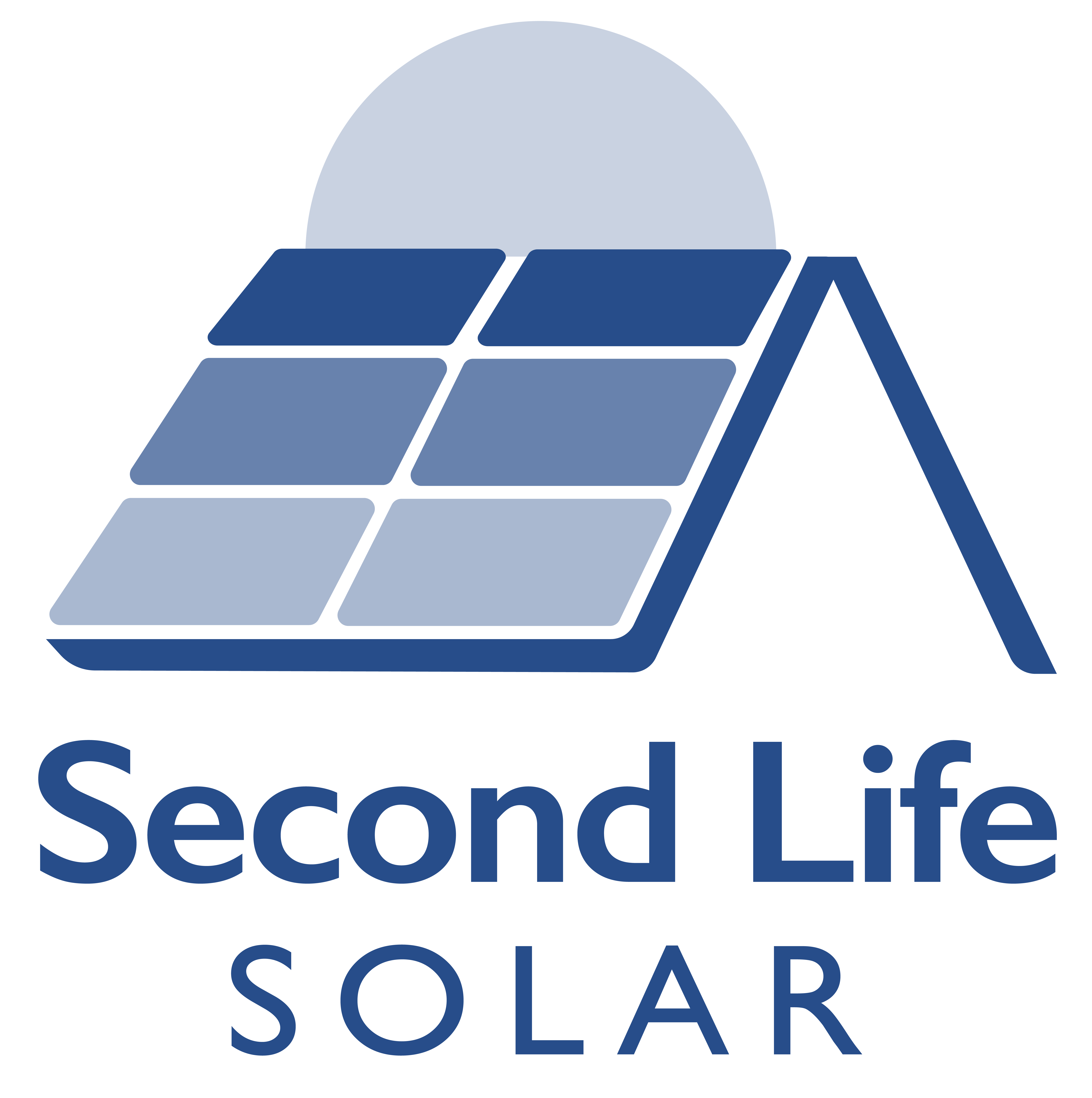In the UK, solar panels are covered by the Waste WEEE Regulations. With the growing adoption of solar energy worldwide, questions about the environmental impact of solar panels at the end of their lifespan are becoming more common.
One such question is whether solar panels are considered hazardous waste. While solar panels are generally designed with sustainability in mind, understanding their disposal and recycling requirements is essential.
Solar panels are built to last—often 25 to 30 years—but eventually, even the most durable systems will need to be replaced. When solar panels reach the end of their functional life, they become part of the waste stream. However, their classification as hazardous waste varies by region.
In the United States, for example, they require special handling but are not considered as strictly regulated as traditional hazardous materials. Meanwhile, in the UK, solar panels fall under the WEEE directive (Waste Electrical and Electronic Equipment), which ensures proper recycling and disposal practices are followed.
Are Solar Panels Really Hazardous?
Solar panels are not inherently harmful, but some of their components can pose risks if not handled correctly. Panels often include small amounts of materials like lead and cadmium, which could be harmful if released into the environment. However, these risks are minimal when panels are recycled or disposed of responsibly.
The majority of a solar panel’s components, such as its glass, aluminum, and raw materials like silicon, are non-toxic and highly recyclable. This makes the idea of solar panel waste more manageable than traditional forms of e-waste.
The solar industry is stepping up to address concerns about waste and sustainability. A growing network of solar recyclers now focuses on recovering valuable materials from used panels. In fact, up to 95% of a panel, including glass, silicon, and aluminum, can be recovered through modern recycling processes.
Organisations like the International Renewable Energy Agency (IRENA) are working to improve global recycling infrastructure for solar panels. Annual end-of- life PV panel waste is projected to increase to more than 60-78 million metric tonnes cumulatively by 2050, but proper recycling and reusing can mitigate environmental impacts.
In the UK, strict adherence to the WEEE directive ensures that when you recycle solar panels, they are handled correctly, with minimal risk to the environment. Recycling also reduces the need for new raw materials, making it a sustainable solution for the long term.
However, reusing solar panels offers an even more sustainable alternative. By using second hand solar panels, we can mitigate the demand for virgin resources and the energy intensive manufacturing process.
The Solar Industry’s Role
Solar panel manufacturers are increasingly designing products with end-of-life considerations in mind. Some companies now offer take-back programs, making it easier for consumers to return old panels for recycling. This proactive approach helps reduce solar panel waste and strengthens the industry’s commitment to sustainability.
Governments are also playing a role in ensuring panels are disposed of responsibly. Government and local policies, combined with international efforts, are helping to standardise best practices for managing panel waste and encouraging consumers to choose sustainable options.
Improper disposal of solar panels could lead to contamination of municipal solid waste streams, increasing the risk of environmental harm. By choosing to recycle or reuse panels, you can prevent this and ensure that your old panels are repurposed responsibly.
While solar panels do contain materials that could be classified as hazardous waste, their potential environmental impact is minimal when handled responsibly. With most of a panel being recycled, the solar industry is proving that sustainability doesn’t end when a panel’s lifespan does.
If you’re considering solar power, choosing suppliers like Second Life Solar can make a real difference. By buying high-quality second-hand panels, you’re not just cutting costs—you’re extending the life of a valuable product and contributing to a more sustainable future.

At Second Life Solar, we specialise in supplying used solar panels to buyers worldwide.
© All Rights Reserved.